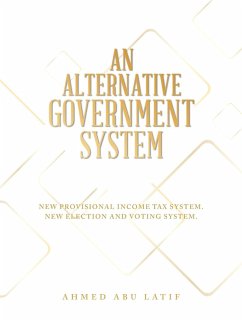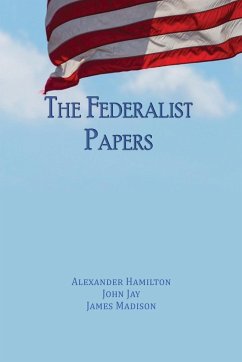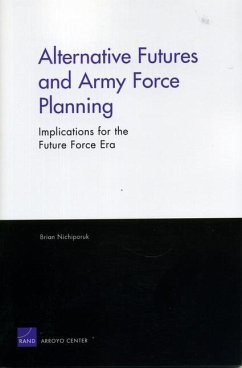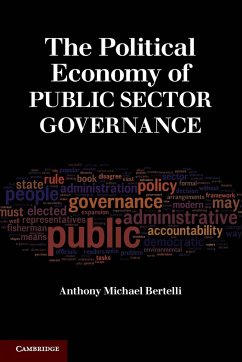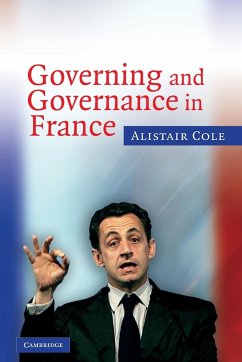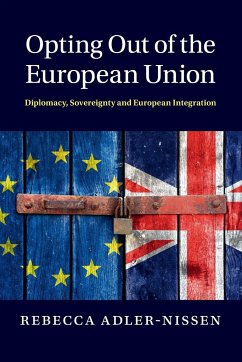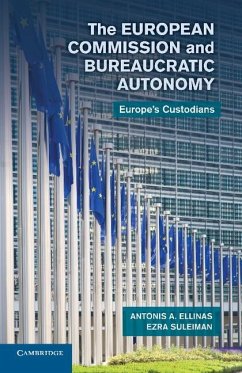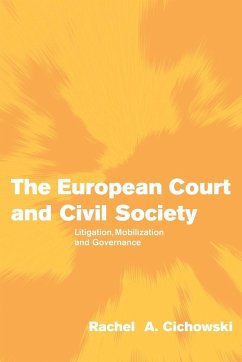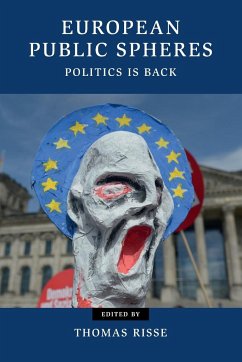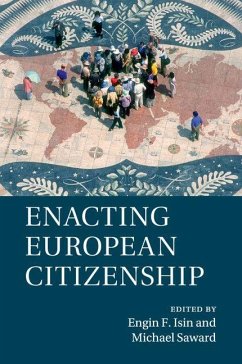
A Federalist Alternative for European Governance

PAYBACK Punkte
18 °P sammeln!
How did the European Union (EU) deal with the crises of the 2010s and 2020s? These crises arose in policy realms that were the province of national governments, so the European Council was the driving institution for managing them. National governments were able to take decisions, but their decisions were contradictory and unaccountable, and regularly hindered by divisions between them. In order to manage a policymaking process dominated by the claims of national and sub-regional governments, Sergio Fabbrini argues that intergovernmental governance has had to transform the EU into an internati...
How did the European Union (EU) deal with the crises of the 2010s and 2020s? These crises arose in policy realms that were the province of national governments, so the European Council was the driving institution for managing them. National governments were able to take decisions, but their decisions were contradictory and unaccountable, and regularly hindered by divisions between them. In order to manage a policymaking process dominated by the claims of national and sub-regional governments, Sergio Fabbrini argues that intergovernmental governance has had to transform the EU into an international organization. Fabbrini shows that differentiated integration would further distance the EU from the project of an 'ever closer union' and, on the basis of a comparative federalism approach, he proposes an alternative paradigm of a multi-tier Europe with a federalist core to balance national sovereignties and supranational authority.





